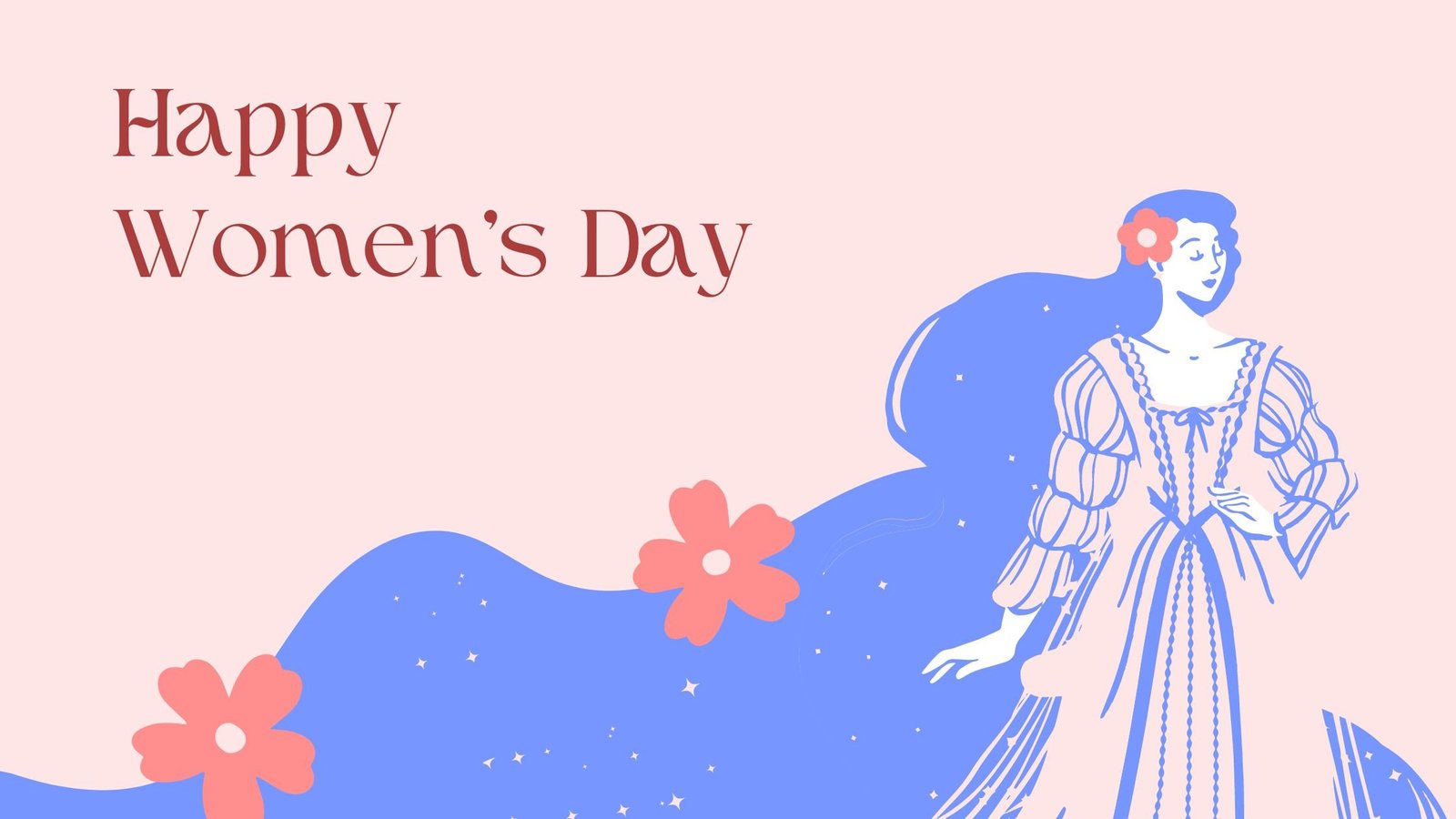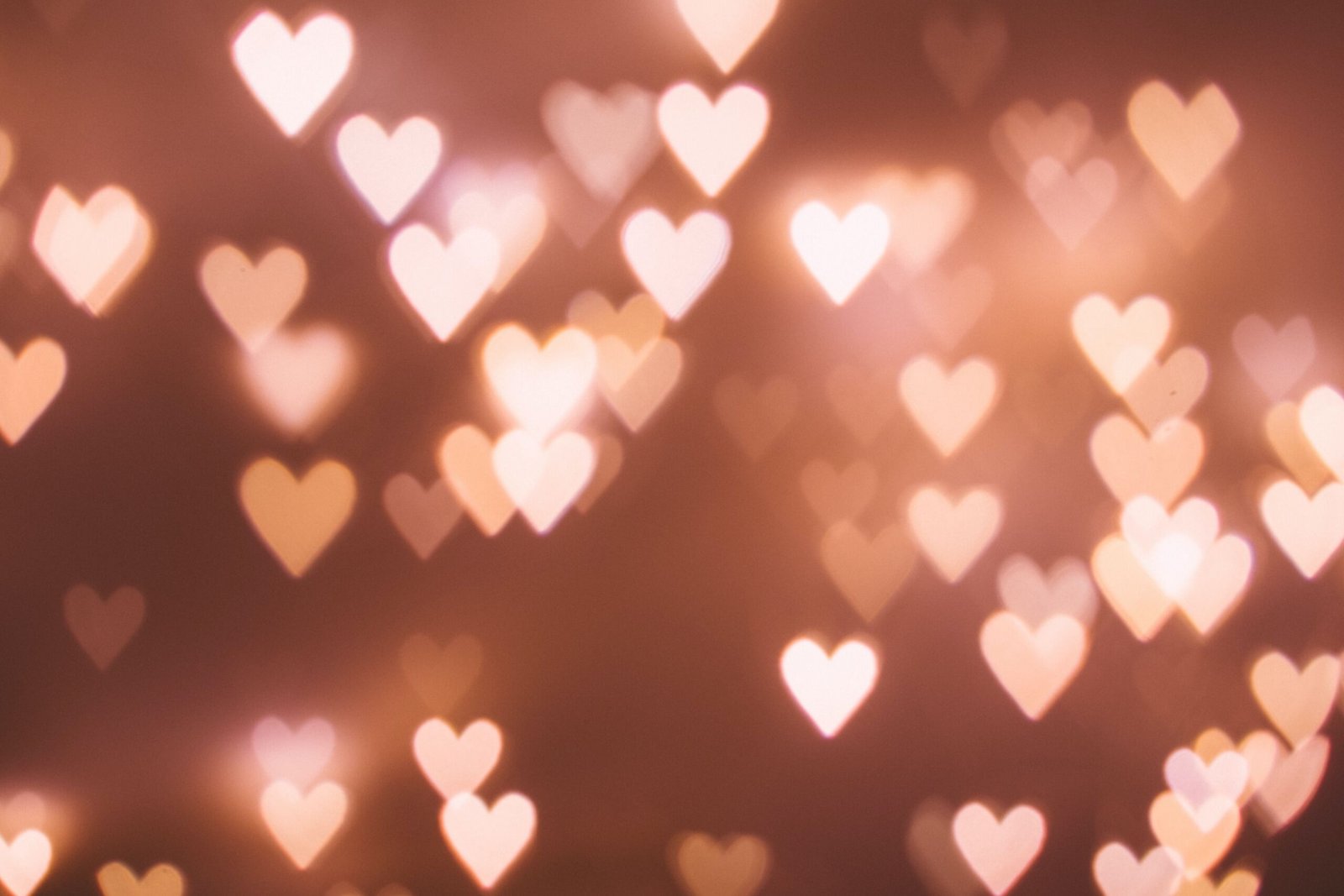International Women’s Day is celebrated annually on March 8th to recognize the social, economic, cultural, and political achievements of women worldwide. It is a day to celebrate women’s progress toward gender equality, while also acknowledging the work that still needs to be done. The day also serves as an opportunity to raise awareness about the challenges that women face, including gender-based violence, unequal pay, and limited access to education and healthcare.
The origins of International Women’s Day can be traced back to the early 20th century when women began organizing and protesting for better working conditions and suffrage rights. The first International Women’s Day gathering took place in 1911, supported by over a million people. Since then, the day has grown into a global movement, with events and celebrations taking place in countries around the world. The theme for International Women’s Day 2024 is “Inspire Inclusion,” which aims to promote gender equality and inclusion in all aspects of life.
History of International Women’s Day
International Women’s Day (IWD) is celebrated annually on March 8th. The day is dedicated to celebrating the social, economic, cultural, and political achievements of women and serves as a call to action for gender equality.
Early Observances
The history of IWD dates back to the early 1900s when women in North America and Europe began to advocate for better working conditions and suffrage rights. The first National Women’s Day was observed in the United States on February 28, 1909, in honor of a garment worker’s strike in New York. The following year, the Socialist International declared March 8th as International Women’s Day to commemorate the struggle for women’s rights and to build support for universal suffrage.
United Nations Involvement
In 1975, the United Nations officially recognized March 8th as International Women’s Day and began sponsoring annual themes for the day. The first theme was “Celebrating the Past, Planning for the Future.” Since then, the UN has used International Women’s Day to highlight a range of issues affecting women, including violence against women, women’s economic empowerment, and gender equality.
Global Expansion
International Women’s Day has grown to become a global celebration of women’s achievements and a call to action for gender equality. Today, IWD is observed in many countries around the world, with events ranging from marches and rallies to conferences and cultural festivals. The day also serves as an opportunity to recognize the ongoing struggles for women’s rights and to advocate for change.
Significance and Themes
International Women’s Day is celebrated annually on March 8th. It is a day to celebrate the social, economic, cultural, and political achievements of women. It is also a day to raise awareness about gender inequality and advocate for women’s rights.
Gender Equality

Gender equality is a fundamental human right. It means that all genders should have the same opportunities and rights in all aspects of life, including education, employment, and politics. International Women’s Day is a reminder that gender equality is not yet a reality and that there is still a long way to go to achieve it. It is an opportunity to celebrate the progress that has been made toward gender equality and to continue advocating for change.
Women’s Rights

Women’s rights are human rights. International Women’s Day is a day to recognize the challenges that women face and to advocate for their rights. This includes the right to education, the right to work, the right to vote, the right to healthcare, and the right to live free from violence and discrimination. It is an opportunity to raise awareness about the issues that women face and to demand action to address them.
Empowerment
Empowerment is about giving people the tools they need to take control of their lives and make positive changes. International Women’s Day is a day to celebrate the achievements of women and to empower them to continue making a difference. It is an opportunity to recognize the contributions that women make to society and to encourage them to continue breaking down barriers and challenging stereotypes.
Overall, International Women’s Day is an important day to celebrate the achievements of women and to raise awareness about the challenges they still face. It is a reminder that gender equality is not yet a reality and that there is still work to be done to achieve it.
International Women’s Day Around the World
International Women’s Day (IWD) is celebrated globally on March 8 every year. It is a day to celebrate the social, economic, cultural, and political achievements of women, as well as to raise awareness about gender inequality and advocate for women’s rights. IWD is marked with various events and activities around the world.
Cultural Celebrations
In many countries, IWD is celebrated with cultural events that showcase women’s achievements in art, music, dance, and literature. For example, in Russia, IWD is a public holiday, and it is celebrated with concerts, exhibitions, and other cultural events that honor women. In Italy, IWD is celebrated with the Mimosa flower, which is given to women as a symbol of respect and appreciation. In China, IWD is celebrated with various cultural events, including performances, exhibitions, and forums.
Political Demonstrations
IWD is also a day for political demonstrations and protests that highlight women’s rights issues. In many countries, women’s groups and activists organize rallies and marches to demand gender equality and an end to discrimination and violence against women. For example, in the United States, IWD is marked with the Women’s March, which is a political demonstration that advocates for women’s rights and social justice. In India, IWD is marked with protests against gender-based violence and discrimination.
Educational Events
IWD is also a day for educational events that raise awareness about women’s issues and empower women to take action. In many countries, schools, universities, and community organizations organize seminars, workshops, and lectures that focus on women’s rights, gender equality, and women’s empowerment. For example, in Australia, IWD is marked with the Women of the World Festival, which is a week-long event that features workshops, talks, and performances that celebrate women’s achievements and promote gender equality.
Overall, International Women’s Day is a global celebration of women’s achievements and a call to action for gender equality and women’s rights. The cultural celebrations, political demonstrations, and educational events that take place around the world on this day demonstrate the power of women’s voices and the importance of women’s issues in the global community.
Influential Women in History
International Women’s Day celebrates the achievements of women throughout history who have made significant contributions to society. Here are a few influential women who have made a lasting impact:
- Raj Mata Jijabai Shahaji Bhonsle: The mother of Shivaji, the founder of the Maratha Empire, Rajmata Jijabai played a crucial role in shaping Chhatrapati Shivaji Maharaj’s character and instilling in him a sense of valor and leadership.
- Ahilyabai Holkar: The brave and able ruler of the Malwa kingdom, Ahilyabai Holkar is remembered for her administrative acumen and commitment to social welfare, particularly her support for the construction of temples and public works.
- Rani Lakshmi Bai: Known as the “Rani of Jhansi,” she was a prominent leader during the Indian Rebellion of 1857, fighting fiercely against the British forces. Her courage and sacrifice have made her a symbol of resistance in Indian history.
- Sarojini Naidu: A prominent freedom fighter and poet, Sarojini Naidu was the first Indian woman to be the President of the Indian National Congress. She actively participated in the non-cooperation movement against British rule.
- Aruna Asaf Ali: A key figure in the Indian independence movement, Aruna Asaf Ali played a crucial role in the Quit India Movement. She hoisted the Indian National Congress flag during the movement, symbolizing the defiance against British rule.
- Padmasree Warrior: A renowned technology executive, Padmasree Warrior has held leadership positions in major tech companies globally. She has been recognized for her contributions to the fields of technology and innovation.
- Indira Gandhi: The first female Prime Minister of India, Indira Gandhi played a significant role in shaping the nation’s destiny. Her leadership during challenging times and contributions to Indian politics make her a pivotal figure in history.
- Kalpana Chawla: An astronaut and the first woman of Indian origin in space, Kalpana Chawla achieved great heights in her career at NASA. Her inspiring journey paved the way for women in science and space exploration.
- Justice Anna Chandy: The first woman in India to become a judge, Anna Chandy broke gender barriers in the legal profession. Her pioneering role has had a lasting impact on women’s representation in the judiciary.
- Nur Jahan: The Empress of the Mughal Empire, Nur Jahan wielded considerable political influence during the 17th century. Known for her intelligence and diplomatic skills, she played a crucial role in the governance of the empire.
- Lata Mangeshkar: Renowned as the “Nightingale of India,” Lata Mangeshkar is one of the most celebrated playback singers in the history of Indian cinema. Her melodious voice has left an indelible mark on the music industry.
- Nirmala Sitharaman: The first full-time female Finance Minister of India, Nirmala Sitharaman has played a crucial role in economic policy-making. Her leadership has been instrumental in shaping India’s fiscal policies.
- Prathibha Patil: The first woman to serve as the President of India, Prathibha Patil has had a distinguished political career. Her tenure marked a historic moment for gender representation in Indian politics.
- Kiran Bedi: A former Indian Police Service officer, Kiran Bedi is known for her tireless efforts in reforming the prison system and promoting women’s rights. She became the first woman to join the Indian Police Service in 1972.
- Mary Kom: A legendary boxer, Mary Kom is a six-time world champion and an Olympic bronze medalist. Her achievements in the world of sports have inspired countless young athletes.
- Anandibai Gopalrao Joshi: The first Indian woman to obtain a degree in medicine, Anandibai Gopalrao Joshi broke societal norms to pursue education and contribute to the field of medicine in the late 19th century.
- Savitribai Phule: A social reformer and educationist, Savitribai Phule played a pivotal role in promoting women’s education and fighting against social injustices like caste-based discrimination in 19th-century India.
- Kamaladevi Chattopadhyay: A prominent social reformer, freedom fighter, and advocate for women’s rights, Kamaladevi Chattopadhyay made significant contributions to the Indian independence movement and the promotion of Indian handicrafts and arts.
- Mother Teresa: An iconic figure in global humanitarian efforts, Mother Teresa dedicated her life to serving the poor and sick. Founder of the Missionaries of Charity, she received the Nobel Peace Prize for her selfless work.
- Marie Curie: This Polish-French physicist was the first woman to win a Nobel Prize and the first person to win two Nobel Prizes in different fields. She is best known for her work in radioactivity and was the first woman to become a professor at the University of Paris.
- Rosa Parks: An African American civil rights activist, Parks is known as the “Mother of the Civil Rights Movement.” In 1955, she refused to give up her seat on a Montgomery, Alabama bus to a white passenger, sparking a boycott of the city’s bus system that lasted over a year.
- Malala Yousafzai: This Pakistani activist for girls’ education was shot in the head by the Taliban in 2012 for speaking out against their ban on girls attending school. She survived the attack and went on to become the youngest Nobel Prize laureate in history at the age of 17.
- Ada Lovelace: This English mathematician and writer is considered to be the world’s first computer programmer. In the mid-1800s, she worked with Charles Babbage on his “analytical engine,” and her notes on the machine included an algorithm that is now recognized as the first computer program.
- Amelia Earhart: This American aviator was the first woman to fly solo across the Atlantic Ocean. She set many other records during her career, including being the first person to fly solo from Hawaii to California.
These are just a few examples of the many influential women who have made a difference in the world. Their accomplishments serve as inspiration for future generations of women to continue breaking down barriers and achieving great things.
Modern Challenges and Achievements
Advancements in Gender Equality
In recent years, there have been significant advancements towards gender equality. Women have broken barriers and made strides in fields that were once dominated by men. For instance, women have made significant progress in the political arena, with more women holding political positions than ever before. The #MeToo movement has also brought attention to the issue of sexual harassment and assault, leading to increased awareness and action towards preventing such behavior.
Continuing Disparities
Despite these advancements, there are still significant disparities between men and women. Women continue to earn less than men for the same work and are underrepresented in leadership positions. Women also face higher rates of poverty and are more likely to be victims of violence. These disparities are even more pronounced for women of color and those in marginalized communities.
Women in Leadership
One area where progress has been made is in women’s representation in leadership positions. Women are now leading major companies, organizations, and even countries. For instance, Kamala Harris made history as the first female, Black, and South Asian Vice President of the United States. However, women are still vastly underrepresented in leadership positions, with men holding the majority of positions in government, business, and other sectors.
Overall, while there have been significant advancements towards gender equality, there is still much work to be done. It is important to continue to push for progress and to address the continuing disparities that women face.
How to Get Involved

International Women’s Day is an opportunity to celebrate the achievements of women, raise awareness about gender inequality, and advocate for change. There are many ways to get involved in International Women’s Day, from supporting women-owned businesses to participating in events and engaging in advocacy and activism.
Supporting Women-Owned Businesses
One way to support women on International Women’s Day is to shop at women-owned businesses. Women-owned businesses often face unique challenges, such as limited access to capital and resources, and supporting them can help to promote gender equality and economic empowerment. Consider visiting a women-owned store, buying from a women-owned online retailer, or supporting a women-owned restaurant.
Participating in Events
Another way to get involved in International Women’s Day is to participate in events. Many organizations and communities host events on or around March 8th to celebrate women and promote gender equality. These events may include rallies, marches, conferences, workshops, and more. Participating in events can help to raise awareness about important issues and connect you with like-minded individuals.
Advocacy and Activism
Advocacy and activism are also important ways to get involved in International Women’s Day. This can involve speaking out about gender inequality, contacting elected officials to advocate for policy changes, volunteering with organizations that promote gender equality, and more. Advocacy and activism can help to create meaningful change and promote gender equality in all aspects of society.
Remember, there are many ways to get involved in International Women’s Day, and every action, no matter how small, can help to promote gender equality and empower women.
Resources and Further Reading
International Women’s Day (IWD) is a global celebration of women’s achievements, as well as a call to action for gender equality. If you’re interested in learning more about IWD and the issues facing women today, there are a wealth of resources available. Here are a few places to start:
Official IWD Website
The official International Women’s Day website is a great resource for learning about the history of the holiday, as well as finding events and activities in your area. The website also offers a variety of free resources, including toolkits and posters, to help you plan your own IWD celebration.
United Nations Women
The United Nations Women website is another excellent resource for learning about the issues facing women around the world. The website offers a variety of reports, infographics, and other resources that provide insight into topics such as gender-based violence, women’s economic empowerment, and women’s political participation.
Essential Feminist Reads for International Women’s Day
The Institute of Development Studies has compiled a list of essential feminist reads for International Women’s Day. The list includes books, essays, and working papers that cover a wide range of topics, from care work to grassroots feminism to the objectification of women in popular culture.
Puffin Schools
If you’re an educator looking for resources to use in the classroom, the International Women’s Day Resource Pack for Schools from Puffin Schools is a great place to start. The pack includes stories and activities designed to spark discussion and promote understanding of the significance of IWD.
Whether you’re attending an event, planning your own celebration, or simply looking to learn more about the issues facing women today, these resources are a great place to start.
Frequently Asked Questions
What is the significance of the theme for International Women’s Day 2024?
The theme for International Women’s Day 2024 is “Invest in women: Accelerate progress.” The theme emphasizes the importance of empowering women to address the world’s crises, ranging from geopolitical conflicts to poverty and climate change. By investing in women, we can spark change and speed the transition towards a healthier, safer, and more equal world for all.
How is the theme color for International Women’s Day chosen each year?
The theme color for International Women’s Day is purple, which symbolizes justice and dignity. The color was chosen by the women’s suffrage movement in the early 1900s and has been associated with the fight for women’s rights ever since.
What events are planned globally to observe International Women’s Day 2024?
International Women’s Day is celebrated globally with events ranging from rallies to conferences to art exhibitions. The United Nations hosts an annual event at its headquarters in New York City, while other organizations and communities around the world hold their own events to celebrate and advocate for women’s rights.
How does the United Nations select the annual theme for International Women’s Day?
The United Nations selects the annual theme for International Women’s Day based on current global issues and the need to promote gender equality and women’s empowerment. The theme is chosen by the UN Women Executive Director in consultation with civil society organizations and other stakeholders.
What are the historical origins of International Women’s Day?
International Women’s Day has its roots in the early 20th century women’s suffrage movement. The first National Women’s Day was observed in the United States in 1909, and the idea of an International Women’s Day was proposed at an international conference in 1910. The day has been celebrated annually since 1911.
What are some ways to get involved in International Women’s Day activities?
There are many ways to get involved in International Women’s Day activities, from attending events to volunteering with organizations that promote women’s rights. Some organizations also encourage individuals to take action on social media by sharing stories and using hashtags related to International Women’s Day.














